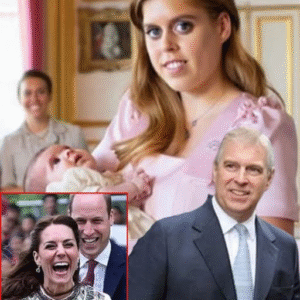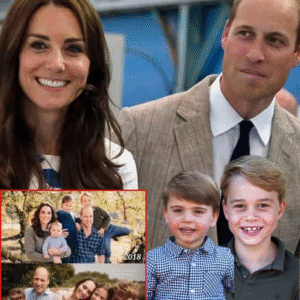
“30 Royal Privileges You Won’t Believe: The Extraordinary Powers Queen Elizabeth II Alone Could Command”
For over 70 years, Queen Elizabeth II reigned not just as Britain’s longest-serving monarch, but as a sovereign with powers, rights, and privileges so unusual that many sound like fiction. While much of her public image revolved around diplomacy, ceremony, and duty, there was a hidden list of extraordinary things only she could do — powers no one else in the United Kingdom could claim.
From bypassing driving laws to owning all the swans in England, from commanding the armed forces without parliamentary approval to traveling anywhere in the world without a passport, these unique abilities set her apart not only from her subjects, but from every other world leader. And many of them were so secretive, the public only learned about them after decades of speculation.
1. She Could Drive Without a License — Anywhere
Unlike every other British citizen, Queen Elizabeth II never needed a driver’s license. She was even known to get behind the wheel on her Balmoral estate, and during World War II, she trained as a military driver and mechanic.
2. No Passport Required
While the rest of us need passports to cross borders, the Queen traveled to over 100 countries without ever carrying one. Why? Because all British passports were issued in her name — making her the one person who couldn’t “issue” herself paperwork.
3. Absolute Ownership of All the Swans
A centuries-old tradition gave the Queen ownership of all unmarked mute swans in open waters across England and Wales. Each year, a royal swan census known as “Swan Upping” reaffirmed the monarchy’s hold over this regal bird population.
4. Legal Immunity
The Queen could not be prosecuted in criminal or civil court. This didn’t mean she was “above the law” in practice, but in constitutional terms, she was immune from legal action — a privilege shared by no other citizen.
5. She Could Declare War Without Parliament’s Approval
As Commander-in-Chief of the British Armed Forces, the Queen technically had the authority to declare war — though in modern times, such a move would always be exercised in consultation with the government.
6. She Was Exempt From Taxes (But Chose to Pay Anyway)
For much of her reign, the Queen was not legally required to pay income or capital gains tax. However, in 1992, she voluntarily began paying them to align with public sentiment.
7. Control Over the Armed Forces
Every member of the British military swore allegiance to the Queen. She alone could appoint officers, authorize troop deployments, and oversee the highest levels of command.
8. She Could Pardon Criminals
Through the royal prerogative of mercy, the Queen could grant pardons to convicted criminals, overturning sentences in exceptional cases.
9. Private Audience With Any Prime Minister
The Queen met with her Prime Ministers weekly in private — no minutes, no recordings, no leaks. What was discussed stayed strictly between monarch and government leader.
10. Ownership of Britain’s Seabed and Shoreline
She held the rights to the UK’s seabed up to 12 nautical miles from the shore, as well as large portions of the country’s shoreline.
And That’s Just the Beginning…
Other little-known powers included:
- The right to appoint bishops and archbishops of the Church of England.
- Automatic first-class train travel anywhere in Britain.
- Full ownership of dolphins, whales, and sturgeon within UK waters.
- The ability to create and award titles of nobility.
- The authority to dissolve Parliament and call new elections.
- Complete immunity from Freedom of Information requests.
A Monarchy Unlike Any Other
While many of these powers were steeped in centuries of tradition and rarely exercised, they underscore a reality: Queen Elizabeth II occupied a position entirely unique in the modern world.
Her reign blended ancient privilege with modern constitutional restraint, creating a fascinating paradox — a monarch with extraordinary powers who used them sparingly, and often symbolically, to maintain the balance between tradition and democracy.
As Britain now moves forward under a new sovereign, the question remains: how many of these privileges will endure, and how many will quietly fade into history?





